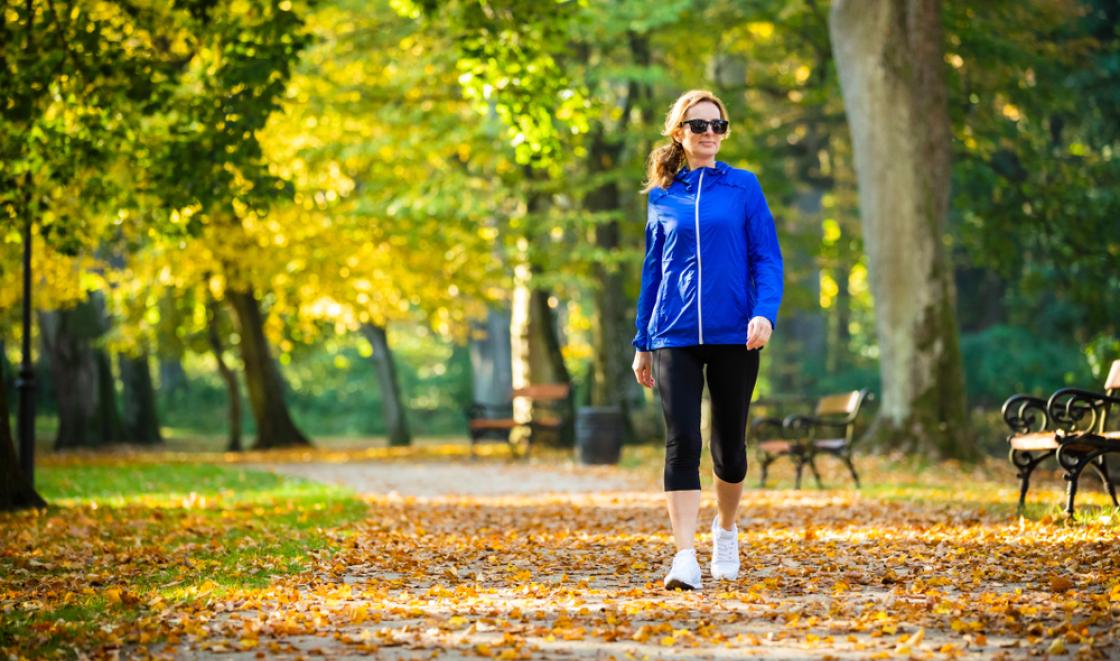Public spaces are not always welcoming to all the public: sexism, racism, homophobia and transphobia are still all too common. Lack of access may leave disabled people feeling yet more unsafe or excluded. Even the home may not be a safe space, as the surge in domestic abuse during the pandemic has shown. Poverty makes it harder to escape from risky situations, while hostels, asylum centres, care homes and other places with multiple residents vary greatly in how secure they feel. Yet health research which is not specifically about such issues often fails to take on board the wide-ranging effects, including drawing on findings from other disciplines.
For instance, studies often focus on encouraging people to lead healthier lifestyles, yet with little recognition of the hugely different ways in which people might experience their physical and social environment. For many, a walk or run may offer a welcome boost to their mental and physical health – but for others, it may be stressful because they are, or feel, unsafe. And some people may have experienced such disempowerment at critical times in their lives that they may have little confidence that their choices can make much of a difference. Or they may not trust advice from the authorities, after bad experiences.
People from all backgrounds can find themselves on the receiving end of violence, harassment or intimidation, which may affect their health in varying ways. Yet often lack of safety reflects and reinforces existing inequalities, as well as getting in the way of seemingly simple ways in which people could improve their own health. This is not to say that those on the receiving end are just victims – many have played a key role in raising awareness, caring for others and bringing about change.
Being more consistently aware of the complex ways in which safety (or lack of it) may influence health could enrich research. Greater involvement of diverse people and groups, including those addressing violence or its aftermath, and valuing lived experience are important. The death of Sarah Everard and other recent events are a reminder of the value of listening to a range of voices and recognising the injustices which complicate the work of improving health, as well as valuing the initiatives within communities to try to keep more people safe and well.
